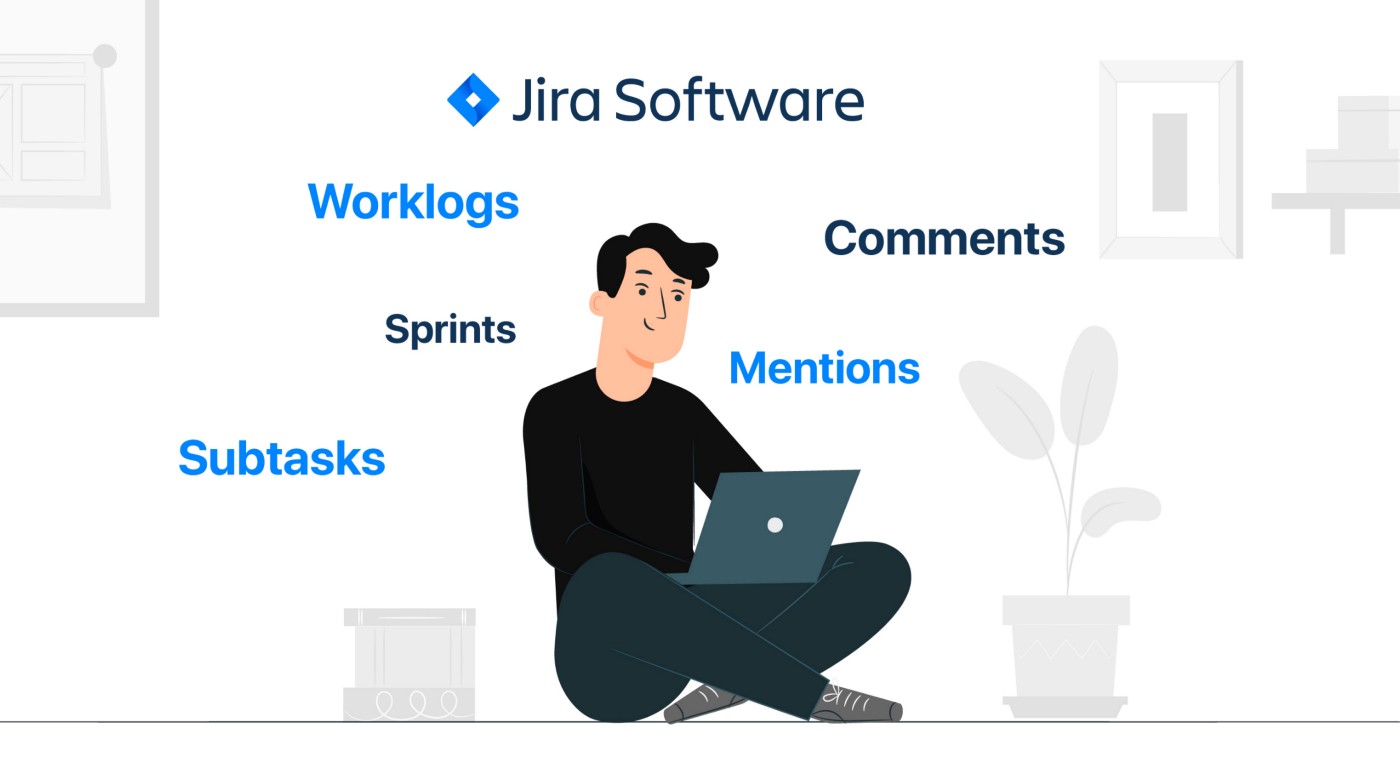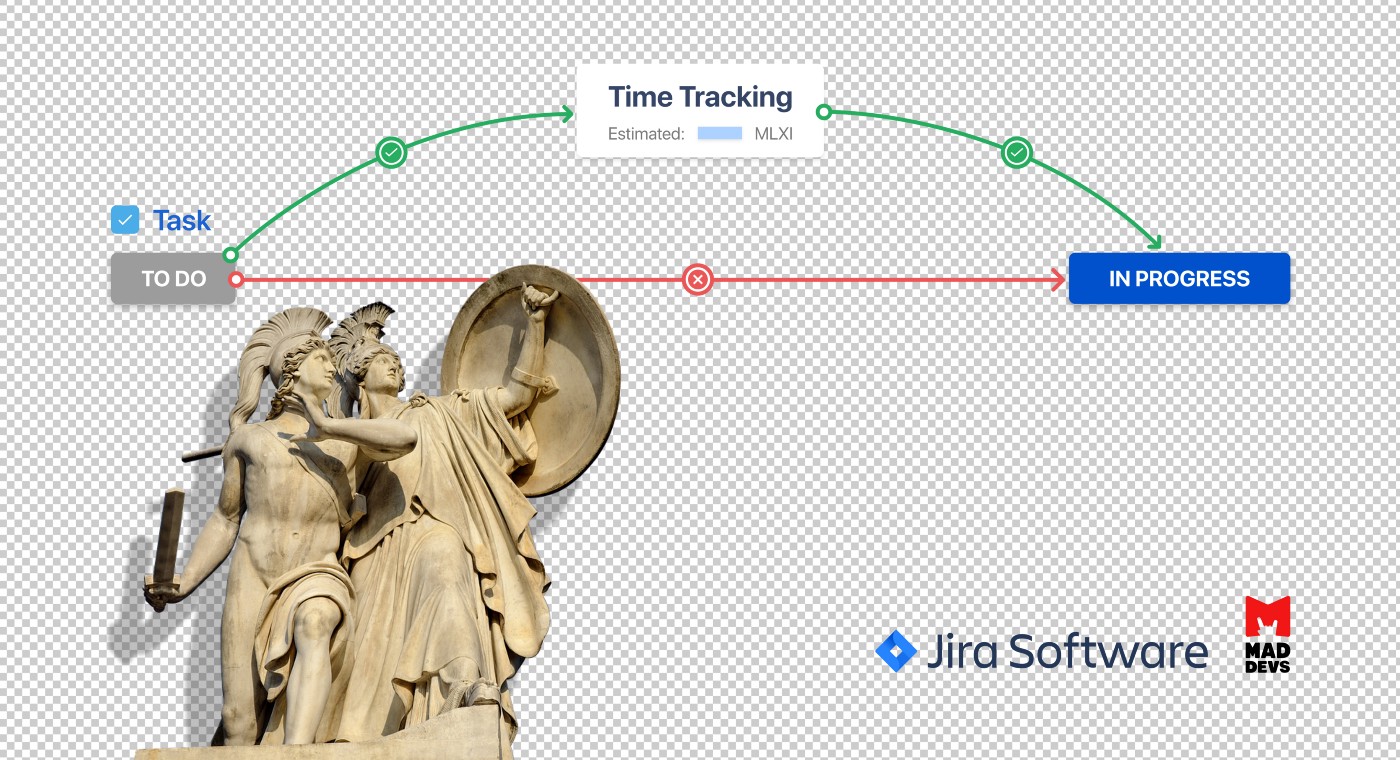Analyze with AI
Get AI-powered insights from this Mad Devs article:
Time logging is a standard practice in many companies. We at Mad Devs use it, too. Moreover, we log time for whatever we are doing for our work. As we say, "If you are asking yourself whether to log the time that you spend on some activity or not, think: if not for the work, would you do it? If you wouldn't do it otherwise, you need to log the time."
Why does the company require time logging?
Time logging is needed for your company and managers because:
It helps your management to assess whether the tasks are appropriate for you. If it takes too long to complete the task, they might need to change the scope for you.
They will see whether you need some assistance. If you take too long to complete a task, an expert in the field or a more experienced team member can be assigned to help you.
The management can plan the costs of a specific feature accurately. If they see that developers need more time to develop a feature, they will consider a more appropriate budget the next time.
They can see the most productive team members: those who meet deadlines, achieve goals, and stay within the assigned budget.
They can access the efforts made by developers more adequately. Usually, we assess a person's work based on his or her productivity, but this is not the case with software development. A developer can spend hours researching before he or she starts to code. If those hours are logged, it is easier to assess the real effort of an employee.
Finally, they will see whether the task was planned adequately. If a developer spends more time on a task, say, a custom software solution, than it was expected, it can be that the task's difficulty level wasn't properly assessed. So, the next time, the deadlines should be adjusted.
Why does an employee need to log time?
Employees need time logging even more than managers do. The main reasons for you to log time are the following:
It makes you more disciplined and, thus, more efficient. You see clearly how much time you spent on tasks and how much time was wasted on procrastinating.
It teaches you to plan your time. When you have access to the time tracking history, you can more accurately forecast what time you need for a specific task, like developing a web application.
It allows you to "unload" your brain by moving the information about work in a time logging tool rather than keeping it in your head.
Bottom line
Now, you see our point. Yep, we at Mad Devs want to be transparent with everybody, and we want to know whether somebody from our team needs help. That's why time logging tools are an integral part of our workflow. These tools allow our employees to organize their work and self-manage. For the company's management, it means that they can assess the teams' performance without compromising trust.














